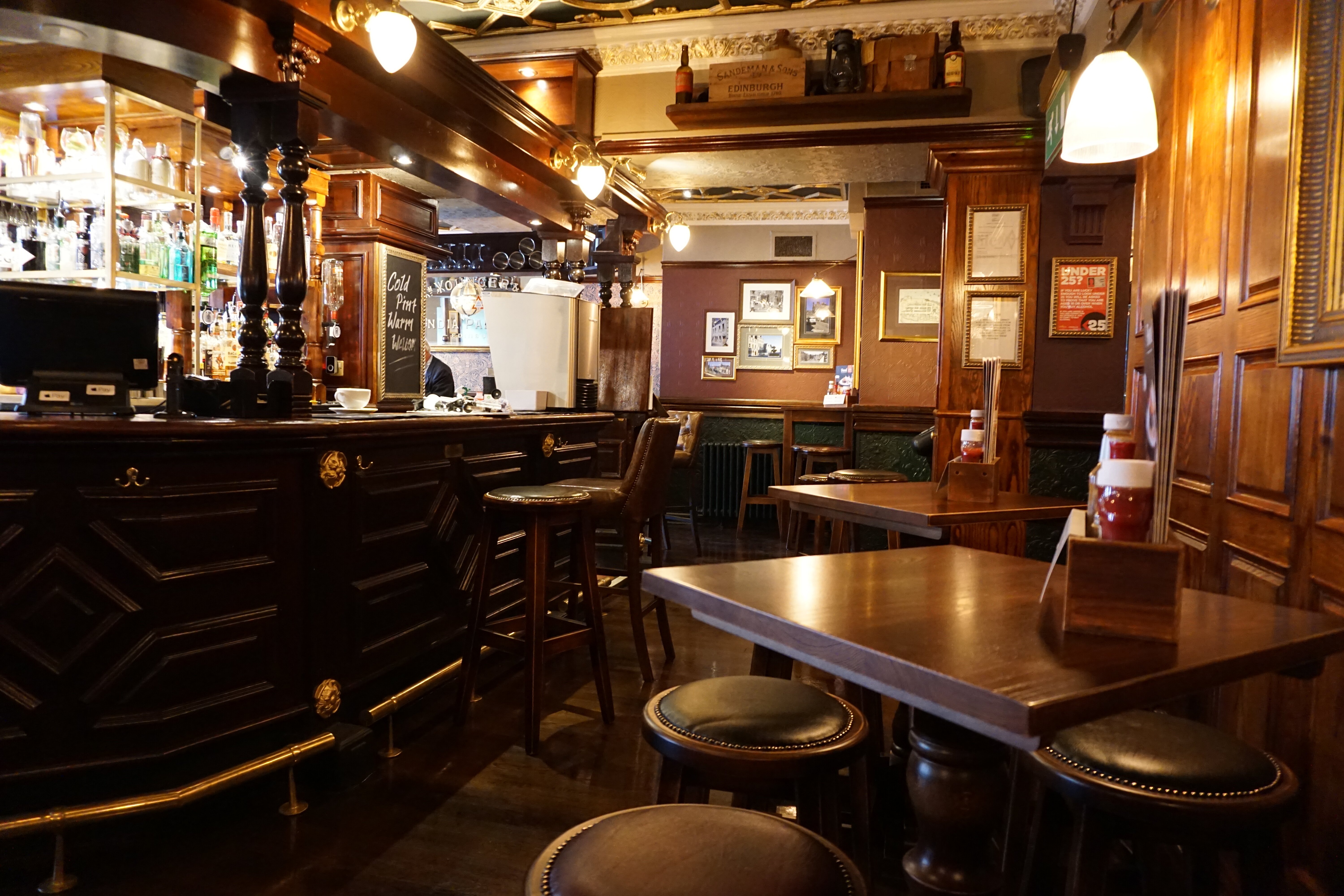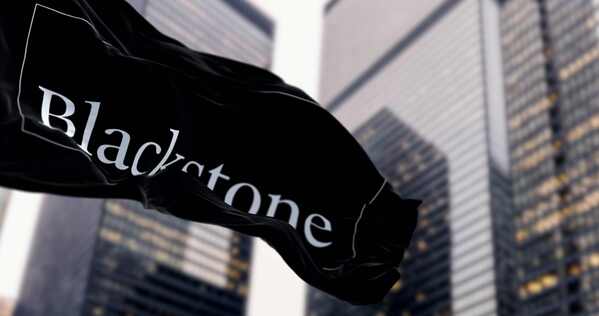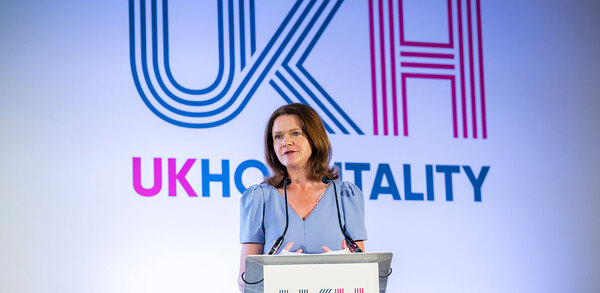Energy support reaction: 'No time for drip fed' measures
Hospitality and tourism trade bodies have called for more clarity around the government’s energy support package for businesses.
Typical British households are to see their bills capped at a rate that will see them pay no more than £2,500 a year for the next two years from 1 October, and firms are to receive an "equivalent guarantee" for the next six months.
Targeted support will be offered to vulnerable industries such as hospitality after the initial six months.
Michael Kill, chief executive of the Night Time Industries Association (NTIA), said he was “extremely disappointed” in the “half measure” announcement that lacked “considerable detail”.
"We have no time for drip fed support, or to await the impact assessment of incremental measures, this needs to be a concise and immediately accessible package, which is proportionate and scalable,” said Kill.
The Scottish Tourism Alliance raised concerns that businesses in the wider tourism industry and its supply chain may be excluded from the further support promised after six months.
But Emma McClarkin, chief executive of the British Beer and Pub Association, said the announcement would help breweries “breathe a little easier” over the next few months.
“This announcement will avert the immediate threat of the energy crisis for businesses, but we need clarity and assurance for the long-term so our brewers and pubs can plan effectively and thrive at their heart of their communities long into the future,” she said.
“The cost of doing business is still a very real threat for many but we are encouraged by the direction this Government is going in. Now we need to hear more on business rates, VAT and keeping beer duty low.”
The British Institute of Innkeeping (BII) welcomed the announcement but said it remained “gravely concerned” for the future of its members’ pubs.
The trade body added: “Escalating energy costs have rendered long-standing essential local businesses simply unviable. We await the detail on how this price guarantee will be applied for our nations’ pubs and the impact that this will have on their survival.”
Image: Weho / Shutterstock

















